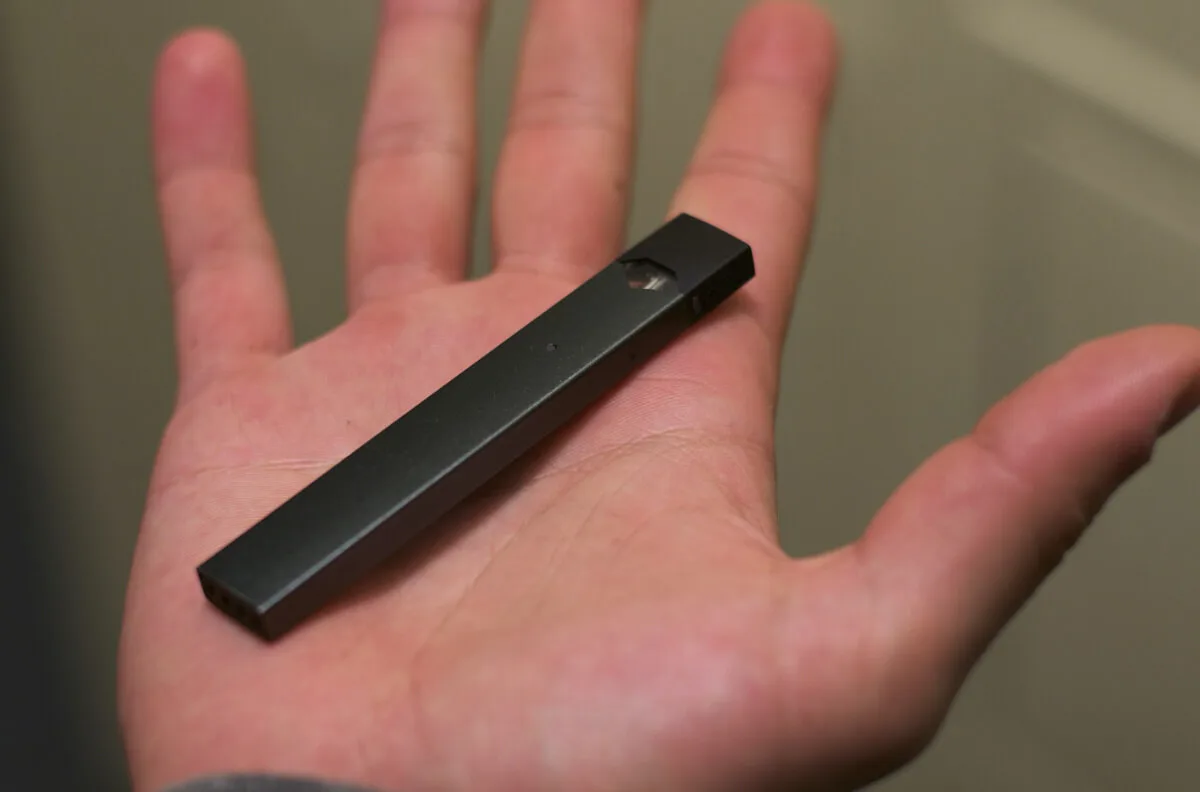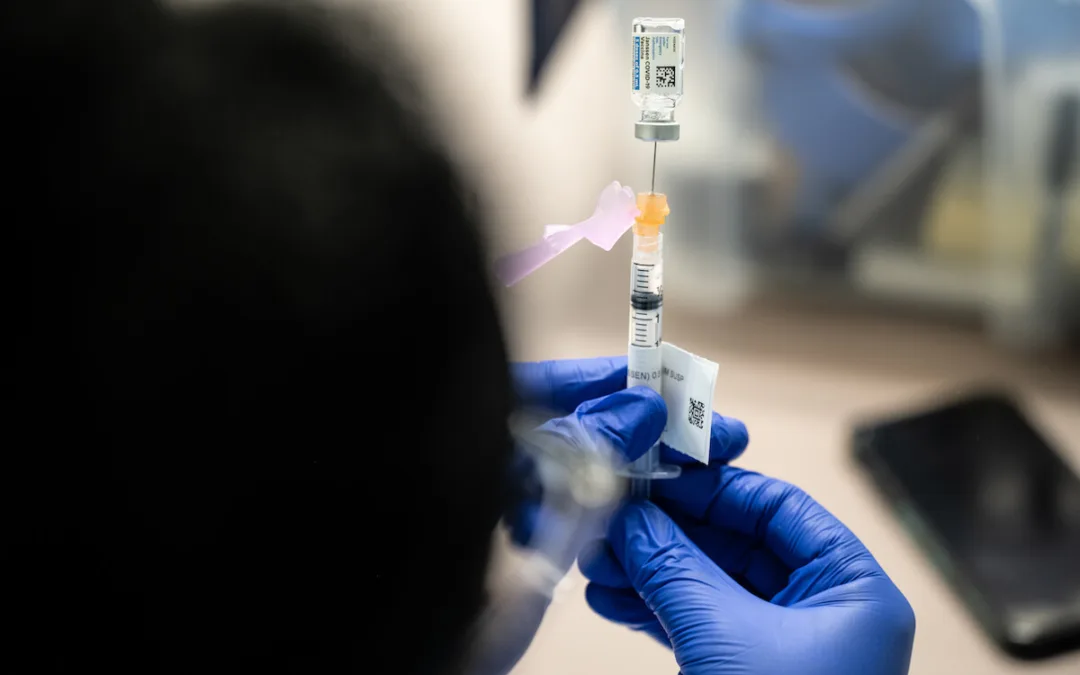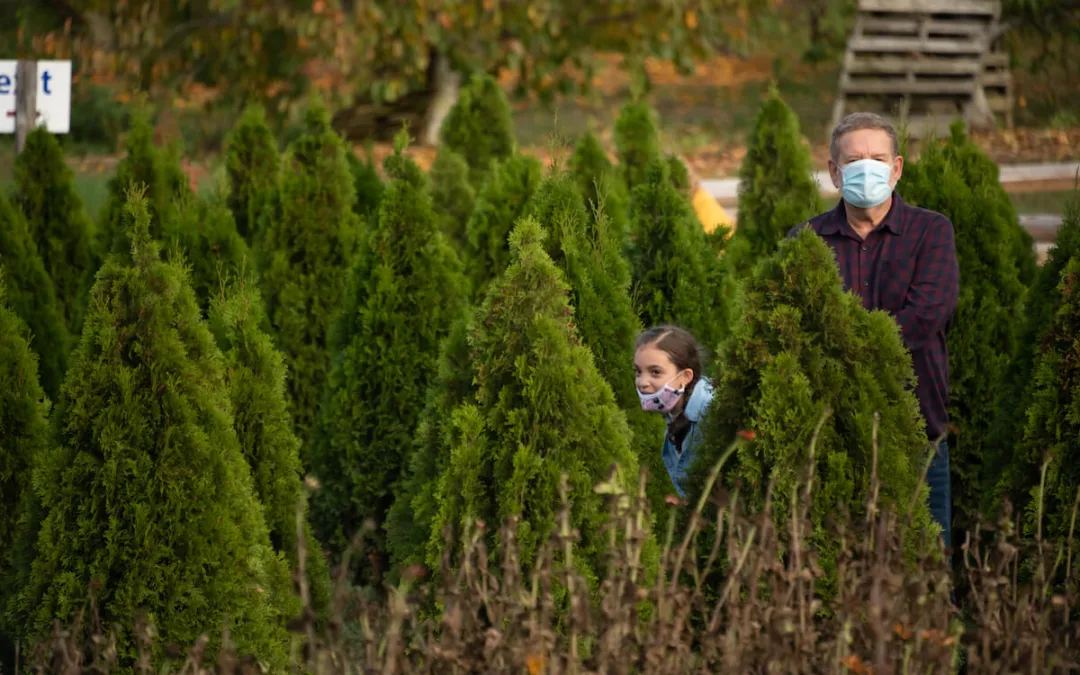
#image_title
#image_title
Now 39 states seeing if Juul deliberately marketed its flavored vaping products to youth
To Michelle Sandburg, the current youth vaping crisis is like deja vu. She likens it to the era of Joe Camel in the 1990s, when teens were smoking cigarettes at historic rates and Big Tobacco denied that cigarettes are addictive or harmful.
“The same thing is happening with vaping,” said Sandburg, coordinator of the KRW Tobacco-Free Coalition, which serves Kenosha, Racine and Walworth counties. “We have to go through this exact same exercise when we’re talking about the exact same drug (nicotine) to re-prove that it’s dangerous.”
Nearly 25 years after Joe Camel met his demise, it’s now vaping giant Juul at the center of attention.
Wisconsin Attorney General Josh Kaul recently made the Badger State the 39th to join a nationwide coalition of states investigating Juul’s marketing practices. The effort is also examining whether the company’s ads are linked to a sharp increase in teen use of e-cigarettes, a product category responsible for dozens of deaths and thousands of instances of serious lung damage last year .
“E-cigarette use has increased dramatically among young people in Wisconsin and nationally, and we must act to reduce it,” Kaul said in a statement. “JUUL has been the driving force behind this increase, and we are working with a bipartisan group of AGs to investigate JUUL’s sales and marketing practices.”
The 2019 National Youth Tobacco Survey found that more than a quarter of high schoolers and a tenth of middle schoolers had used vaping products within the past 30 days. Researchers concluded that JUUL “appears to be associated with the youth e-cigarette epidemic” in a study published in January’s American Medical Association Journal.
Juul has come under fire for its fruit-flavored products and marketing that shows hip young people enjoying the sleek device. A lawsuit that Massachusetts’ attorney general filed this month alleges internal Juul marketing documents show that the company deliberately targeted young people — perhaps even preschoolers — despite the company’s denials.
“They model them to look like things that a parent wouldn’t recognize as a tobacco product,” said Dona Wininsky, director of public policy and communications for the American Lung Association of Wisconsin, in reference to Juuls’ compact design, which resembles that of a USB flash drive. “And of course when you add on flavors, that also tells kids, ‘Oh, these can’t be harmful.’ I mean, how can something chocolate flavored or cherry flavored be bad for you?”
President Donald Trump signed a law to raise the federal minimum tobacco-buying age to 21 last December, and state lawmakers followed suit this past month. Wininsky said so-called Tobacco 21 laws are an important step in keeping vaping products out of teens’ hands. She also said the state’s participation in the Juul probe is a significant step, but it’s not the end of the issue.
“It’s one of many steps,” she said. “There’s not a silver bullet to reducing tobacco use or vaping. It’s a whole set of practices that have to be in place. Certainly the state has a role to play in this investigation. They also have a role to play in strong legislation that keeps these products out of the hands of kids.”
Wininsky said further action could include increasing taxes on tobacco products and including vaping products in smoke-free area ordinances.
While cigarette smoking among Wisconsin teens has dropped during the past decade, the number of middle- and high-schoolers who have taken up vaping in the last five years has increased dramatically, said Lieske Giese, Eau Claire City-County Health Department director.
A 2019 survey of public and private school students in Eau Claire County shows 39 percent of students report using e-cigarettes at some point, Giese said, and 18 percent said they use them regularly. From 2015 to 2019, the amount of students vaping grew by 142 percent.
Statewide figures show a similar trend. Twenty percent of Wisconsin students in middle and high schools report vaping regularly, data shows, a 152 percent increase from 2015.
“Our data related to vaping is really concerning,” Giese said. “It is a national concern, and we definitely have issues (with vaping) in this state and in Eau Claire.”
In Wisconsin, at least 92 cases of serious lung injury in 2019 were associated with vaping, according to the U.S. Centers for Disease Control and Prevention. Nationwide, that figure topped 2,100, and 42 deaths were attributed to e-cigarettes.
Vaping provides nicotine in extremely high doses, and it damages users’ lungs. The substance isn’t regulated, so those using e-cigarettes are inhaling potentially dangerous substances. One main danger is e-cigarettes containing THC, the ingredient in marijuana that produces a high, as well as vitamin E acetate, used as a thickening agent, the CDC said.
Vaping retailers have said e-cigarettes represent a way for people to quit smoking tobacco products. However, Giese said, evidence doesn’t back up that argument.
“There are other proven methods of tobacco cessation that don’t hurt people’s health,” she said.
Giese backs Kaul adding Wisconsin to the list of states suing JUUL, saying the company and others that manufacture e-cigarettes “have to realize they have an adverse impact on the health of young people.”
To reduce adverse impacts of vaping on users and others who breathe in e-cigarette fumes, the health department will forward a proposal in upcoming weeks that would outlaw vaping indoors in Eau Claire, just as cigarette smoking is prohibited.
“This is really about trying to protect people’s health,” Giese said of the ordinance the Eau Claire City Council is expected to take up at the end of March.
Julian Emerson contributed to this article.
Politics

Eric Hovde’s company exposed workers to dangerous chemicals, OSHA reports say
A Madison-based real estate company run by Wisconsin US Senate candidate Eric Hovde settled with the Occupational Safety and Health Administration...

Plugged in: How one Wisconsin school bus driver likes his new electric bus
Electric school buses are gradually being rolled out across the state. They’re still big and yellow, but they’re not loud and don’t smell like...
Local News

Stop and smell these native Wisconsin flowers this Earth Day
Spring has sprung — and here in Wisconsin, the signs are everywhere! From warmer weather and longer days to birds returning to your backyard trees....

Your guide to the 2024 Blue Ox Music Festival in Eau Claire
Eau Claire and art go hand in hand. The city is home to a multitude of sculptures, murals, and music events — including several annual showcases,...




